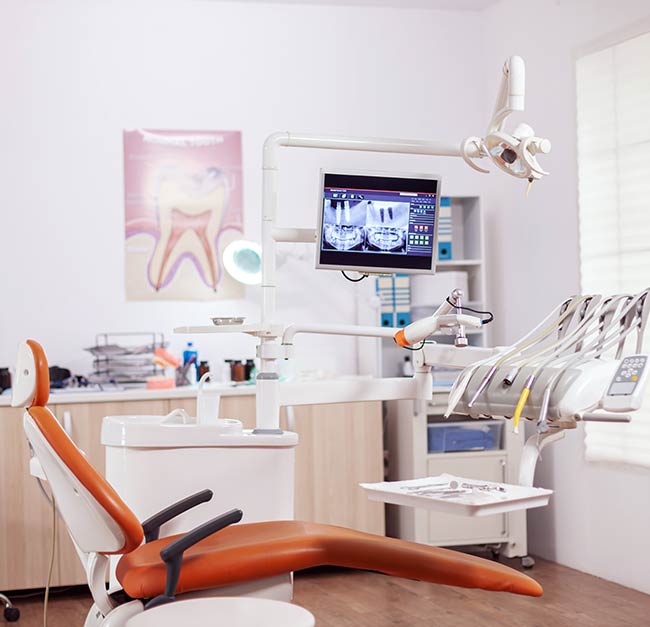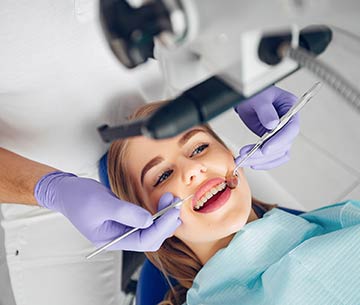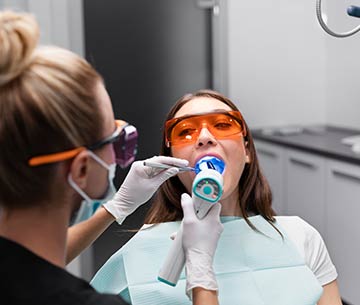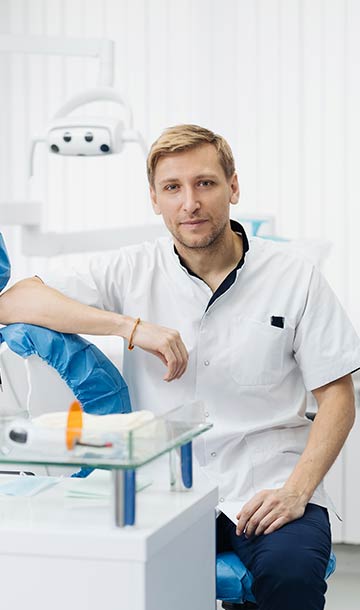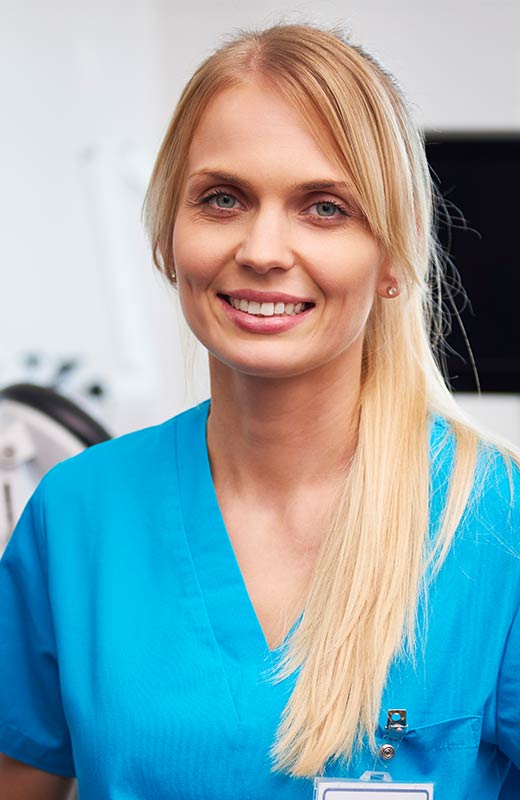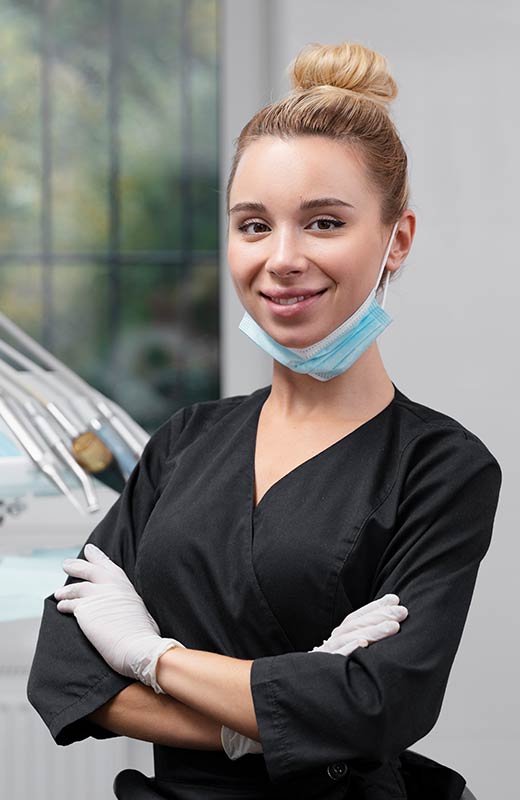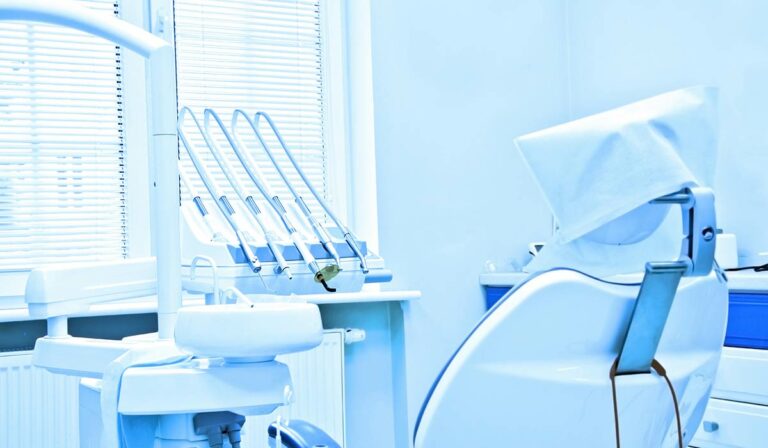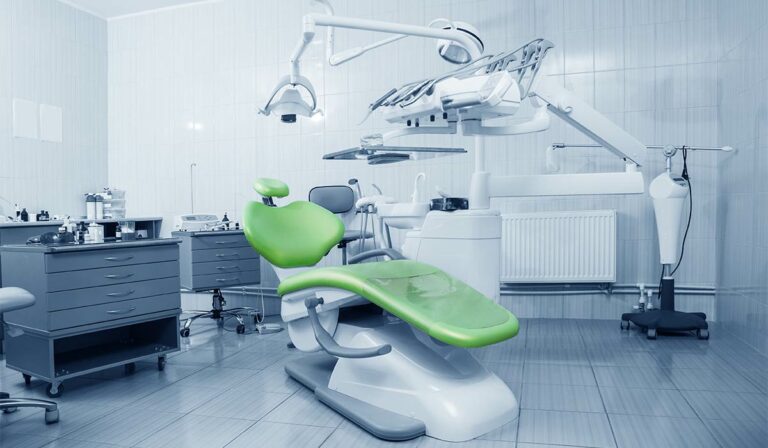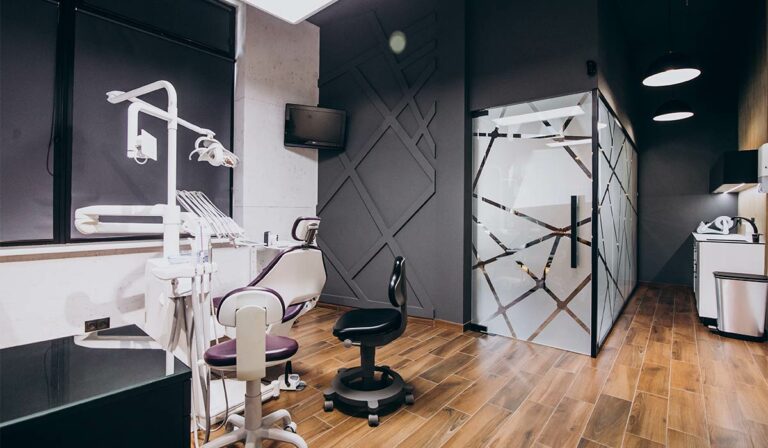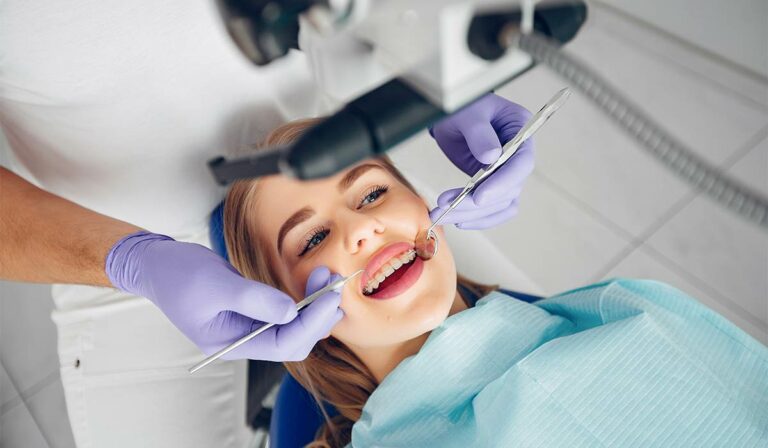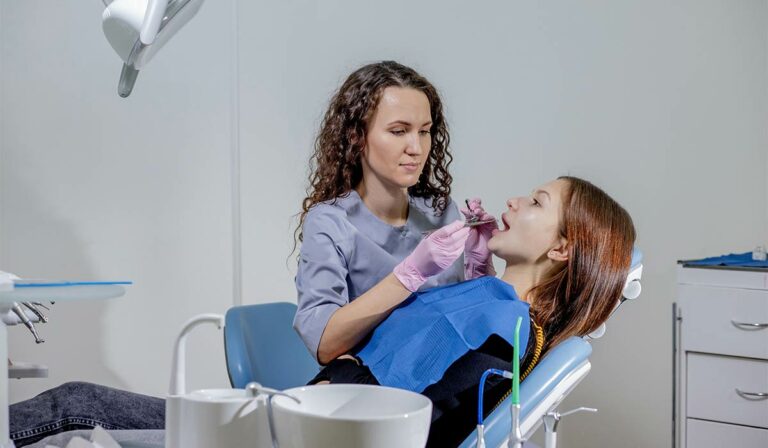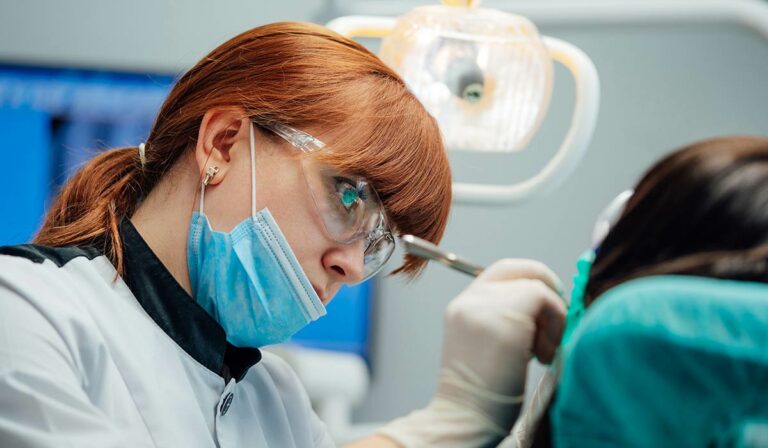Ready. Set. Sleep.
It’s time for you to stop snoring! Our custom fit, precision mouthpiece will get you and your bed partner a better night’s sleep.
Does This Sound Familiar?
Better Sleep Made Easy.
- No mask, no hose, no surgery
- Tailor made for maximum comfort
- Bed partner approved!
Over 90% of our patients report improved sleep and better overall health.
How Does Oral Appliance Therapy help you Sleep?
Oral Appliance Therapy is designed to hold your lower jaw in precise alignment so that soft tissue in your throat does not collapse and block the airway. Simple as that! Wear the appliance every night while sleeping and experience reduced snoring for a better nights sleep!

Our dentists
Our dental team provides personalized care and uses latest technology to help you achieve a healthy, beautiful smile.
Testimonials
Happy customers always have invaluable feedback to share. Check out the stories of our smiling patients.
Articles
Find lots of useful articles about dental care, including explanations on how oral health affects overall health.
Neque adipiscing an cursus
Litora torqent per conubia
Praesent libro se cursus
Metus vitae pharetra auctor
Interdum magna augue eget
Torquent per conubia nostra
Gallery
Aenean ullamcorper convallis mi, in viverra quam mattis sed. Sed at faucibus neque. Fusce egestas odio vitae augue scelerisque, in laoreet nisi bibendum
